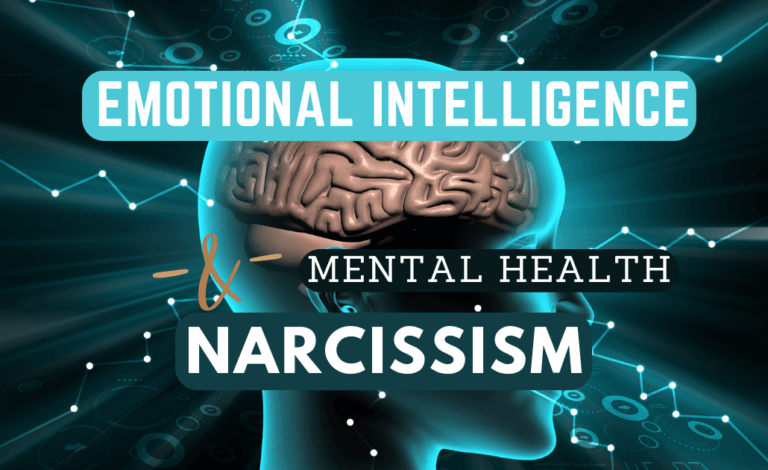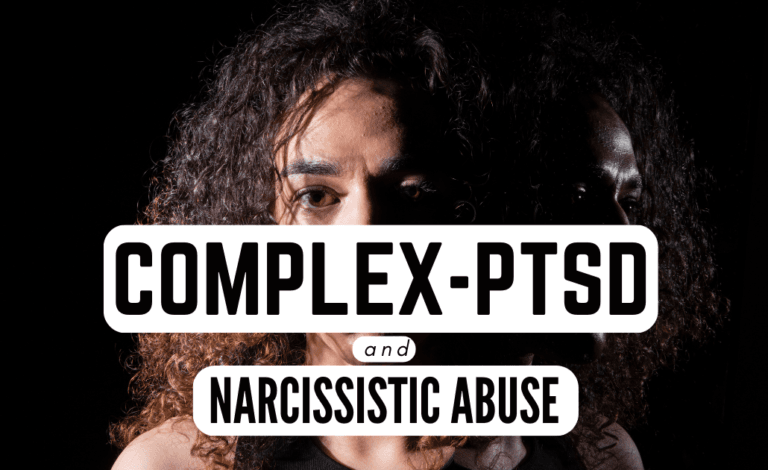Exploring Casual Sex, Feminism, and Modern Relationships: A Must-Watch Conversation About 6 Modern Intricacies of Relationships
Listen to this Episode
In today’s ever-evolving social landscape, it’s impossible to ignore the complexity surrounding dating, relationships, feminism, and how we navigate the challenges of modern intimacy. This video discussion with journalist and author Louise Perry dives deep into these sensitive topics and offers a fresh perspective on how societal shifts have impacted both men and women.
If you’re someone who enjoys examining the nuances of human behavior, particularly within the framework of power dynamics, patriarchy, and emotional well-being—this video is for you. With roots in exploring narcissism and toxic relationships, our site has naturally branched into broader topics like feminism, patriarchy, and how these larger cultural forces shape our dating lives. This conversation perfectly encapsulates many of these intersecting themes.
Why Is Casual Sex Riskier for Women?
One of the video’s core themes revolves around the emotional risks of casual sex, especially for women. Perry argues that while casual sex may seem liberating, it often leaves women emotionally vulnerable. She highlights the emotional bonding that can occur for women after sex—something that isn’t as common for men—and how this can lead to feelings of attachment and, sometimes, regret.
For many women, casual sex doesn’t just stay casual. Perry urges us to consider the long-term emotional consequences that often follow what might feel like fleeting moments. If you’ve ever found yourself wondering why modern dating feels so emotionally charged, this conversation is sure to resonate.
Has the Sexual Revolution Really Liberated Us?
Another fascinating point in the discussion is Perry’s critique of the sexual revolution. While it undoubtedly gave women more freedom and autonomy, has it truly benefited us in the way we hoped? Perry suggests that while high-status men have thrived in this new sexual culture, many women (and lower-status men) have been left feeling isolated, confused, or even exploited.
This critique offers a deeper understanding of the unintended consequences of the sexual revolution, making us question whether our current culture of casual sex is truly serving anyone—or if it’s creating a landscape where commitment and deeper emotional connections are harder to find.
The Role of Biology in Sex and Relationships
We often hear that men and women are “the same” in today’s conversations around gender equality, but Perry’s discussion highlights that, biologically, we differ more than we care to admit. Testosterone, aggression, and emotional bonding all play significant roles in how men and women approach relationships. This isn’t just about physical strength—it’s about the psychological and emotional landscapes we navigate when we form romantic connections.
This perspective could radically reshape how you think about dating, commitment, and the biological underpinnings of relationships. It might also provide a new lens through which to understand the challenges we face when trying to maintain healthy, balanced partnerships.
The Impact of Pornography and Modern Technology
Perry also touches on how pornography and dating apps have shifted modern relationship dynamics. With access to endless digital content, real-life relationships can feel less fulfilling, as many of us become conditioned by unrealistic expectations set by these mediums. The easy access to sexual gratification can diminish the drive to pursue meaningful, long-term relationships.
How does this impact our collective well-being? And more importantly, how is this reshaping younger generations’ attitudes toward intimacy? Perry makes it clear that the effects of technology on our relationships are worth critical reflection.
Are We Losing Something with Falling Birth Rates?
The conversation also delves into the global decline in birth rates, which many may find surprising. While increased affluence and independence have led to greater freedoms for women, they’ve also contributed to fewer people having children. Perry sees this as both a personal and societal issue, linking it to the deep changes in how we view family, career, and motherhood.
Why Monogamy Still Matters
One of the most controversial points Perry makes is her defense of monogamy. She argues that in a world where casual sex is the norm, monogamy creates a kind of “sexual socialism,” leveling the playing field for both men and women. Commitment through monogamous relationships, Perry believes, offers a stronger foundation for emotional and psychological well-being, especially when children are involved.
What Are We Not Saying About Feminism?
Perry offers a nuanced take on modern feminism, pointing out that while it has opened doors for women in many ways, it hasn’t always addressed the deeper emotional and biological needs that many women experience. She argues that, in some ways, the pressure to conform to a more masculine model of success and sexual liberation can leave women feeling empty or disillusioned.
This viewpoint isn’t often discussed openly but resonates with many women who feel the weight of these societal expectations. Perry’s take on feminism could provide a refreshing perspective for those tired of the same old narrative.
Watch the Full Video and Share Your Thoughts
This video is a must-watch for anyone interested in the intersection of feminism, dating, and relationships. Perry’s insights are bound to provoke thought, challenge conventional wisdom, and encourage deeper discussions about the roles we play in intimate relationships today.
We invite you to watch the full conversation and reflect on your own experiences. What resonates with you? How do you feel about the modern dating landscape, and what changes, if any, would you like to see?
Don’t forget to share your thoughts in the comments. We love hearing diverse perspectives and creating a space where open, respectful dialogue can flourish. After all, it’s through conversation that we better understand ourselves and each other. Watch now and join the conversation!
casual sex casual sex casual sex casual sex casual sex casual sex casual sex casual sex casual sex casual sex casual sex casual sex






